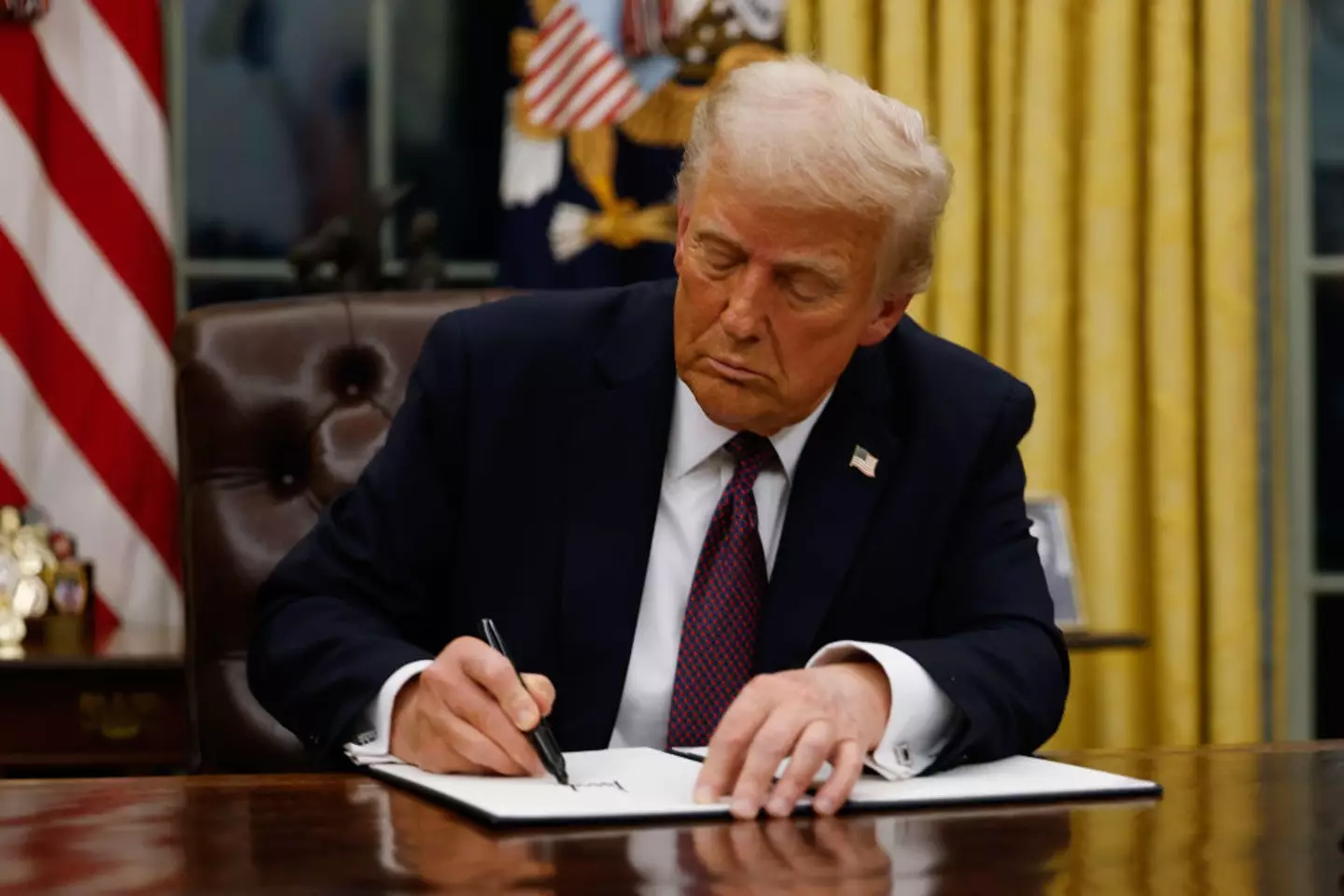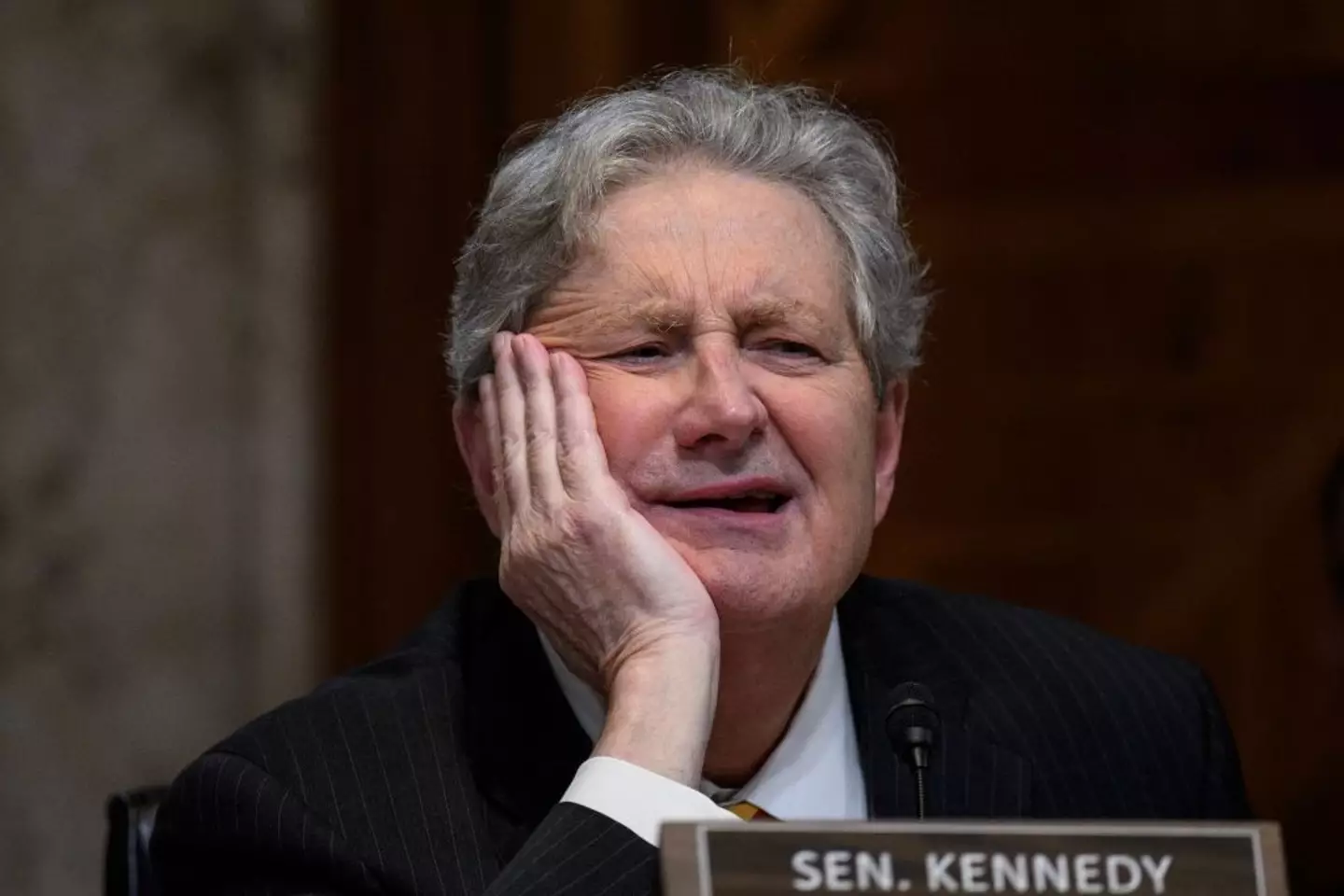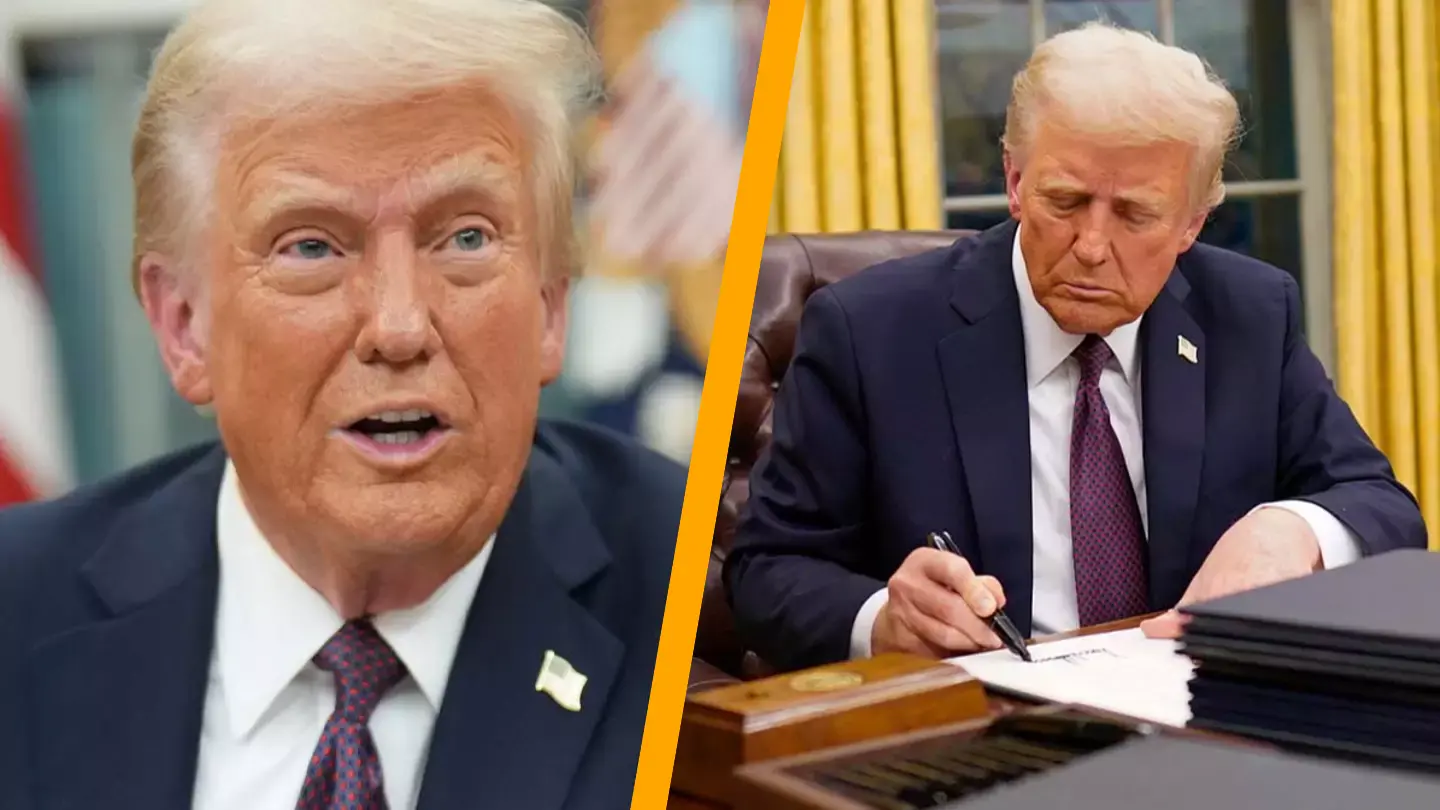Donald Trump has recently reversed a significant employment policy that has been in force for six decades.
Just days after being sworn in as the 47th President of the United States on January 20, Trump has already approved several controversial measures.
Within hours of assuming the presidency, the 78-year-old signed 25 executive orders. These included actions such as halting the TikTok ban, restricting immigration, and declaring that there are ‘only two genders’. The latter prompted Right Rev. Mariann Edgar Budde to urge Trump to show ‘mercy’ towards the LGBTQ+ community and immigrants.
Additionally, on January 21, he signed an order aiming to terminate ‘radical and wasteful government diversity, equity and inclusion’ (DEI) programs.
The president is now advancing his agenda to dismantle DEI plans by revoking Executive Order 11246 (1965). This move signals that government employees in the Department of Labor will see their DEI initiatives eliminated ‘immediately’, while facing paid leave, according to The New Republic.
The law was intended to shield workers from discrimination based on race, color, religion, sex, sexual orientation, gender identity, or national origin. Civil rights advocates have long argued that it creates a level playing field for underrepresented groups such as LGBTQ+ individuals and addresses issues like systemic racism.

This six-decade-old order was established by then-President Lyndon Johnson to integrate anti-discriminatory practices into US federal government contracting, two years after Martin Luther King Jr delivered his ‘I Have A Dream’ speech.
Trump’s order describes DEI initiatives as ‘illegal discrimination and preferences’, with the goal to ‘restore merit-based opportunity’. It aims to halt private companies from implementing such programs or hiring based on race and sex.
Moreover, it has instructed government agencies to identify any organizations that may be subject to civil investigations.

The order specifies: “As a part of this plan, each agency shall identify up to nine potential civil compliance investigations of publicly traded corporations, large non-profit corporations or associations, foundations with assets of 500 million dollars or more, State and local bar and medical associations, and institutions of higher education with endowments over 1 billion dollars.”
This decision has sparked public outrage and widespread criticism.
Basil Smikle Jr, a political strategist and policy advisor, remarked: “There’s this clear effort to hinder, if not erode, the political and economic power of people of color and women.”
“What it does is opens up the door for more cronyism.”
Others, such as Louisiana Senator John Kennedy (Republican), have supported the decision. He told USA Today reporters: “The best way to stop discriminating against people on the basis of race or gender is to stop discriminating against people on the basis of race and gender.”

“The truth is the American people don’t think about race or gender nearly as much as some folks in Washington want to pretend.”
A statement from The White House reads in part: “[R]oughly 60 years after the passage of the Civil Rights Act of 1964, critical and influential institutions of American society, including the Federal Government, major corporations, financial institutions, the medical industry, large commercial airlines, law enforcement agencies, and institutions of higher education have adopted and actively use dangerous, demeaning, and immoral race- and sex-based preferences under the guise of so-called ‘diversity, equity, and inclusion’ (DEI) or ‘diversity, equity, inclusion, and accessibility’ (DEIA) that can violate the civil-rights laws of this Nation.”

